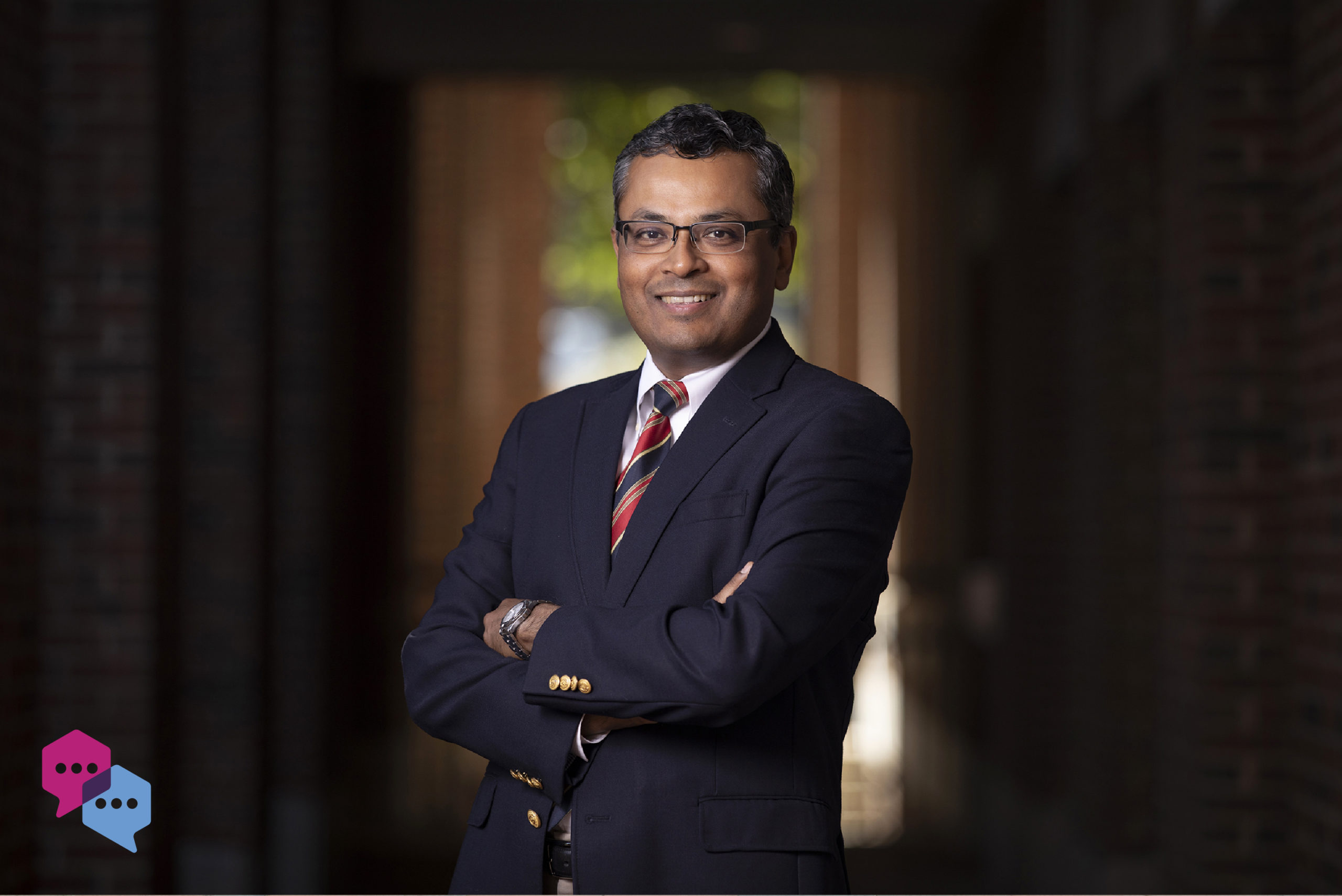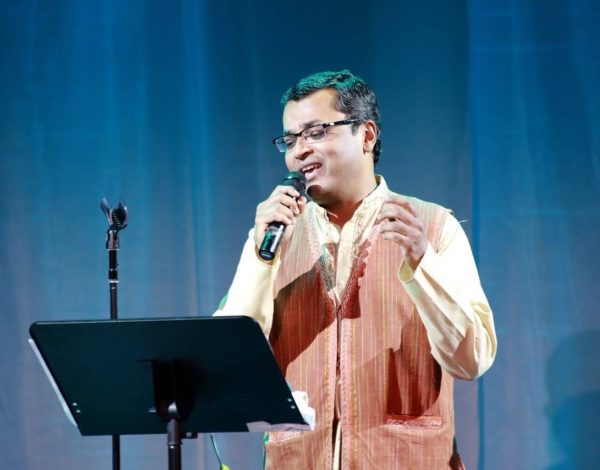Q: When you were a child, what was your response to this question: “What do you want to be when you grow up?”
A: When I was around 5, it would have been to be a cricket player — a sport played in many former British Empire countries including India. When I was 10, it was to be a Bollywood playback singer. By the time I was 15, I knew I wanted to be a scientist or engineer.
Q: Share the pivotal moment in your life that helped you choose your field of study.
A: In graduate school, I thought I would get a degree in robotics and automation. At the time, I was in a joint program between the business school and school of computer science. Then, during my PhD, I had the opportunity to work at IBM Watson Research Center in Yorktown Heights. The new CEO at the time was radically transforming the company, and IBM Research was an important partner in that transformation. I learned why they cared so much about their supply chain and how business optimization and simulation could be so impactful to a firm. When I returned from my internship, I decided to focus on supply chain optimization for my thesis.
Q: Tell us about a time you encountered a tricky problem. How did you handle it and what did you learn from it?
A: I worked on a research project with UNICEF to improve the supply chain of Plumpy Nut, a ready-to-use food supplement for malnourished kids. There was a lot of interest in improving the access of this product to kids in Ethiopia, Kenya, and Somalia because the existing supply chain was too expensive and slow to respond to the increased needs on the ground. While data were limited, our initial analysis showed that there were two main constraints — one related to production capacity and the other related to positioning inventory far away from Africa. We designed a simulation tool to show the impact of changes on the supply chain without getting lost in the mathematics. UNICEF went ahead and adopted those suggestions and ended up serving and saving the lives of a million additional children over the next five years. Sometimes simple approaches can lead to amazing outcomes.
Q: Describe your research in 5 words.
A: “Improving organizations’ efficiency and innovation.”
Q: What are your passions outside of research?
A: Sports and music. I follow cricket, tennis, basketball, and football and play cricket and tennis. I am also a vocalist in bands that perform popular Bollywood music. Sport brings me the pleasures of competing, providing a balanced perspective on winning and losing. Music brings calm and delight and playing in a band has made it easier to work with others and lead teams.



